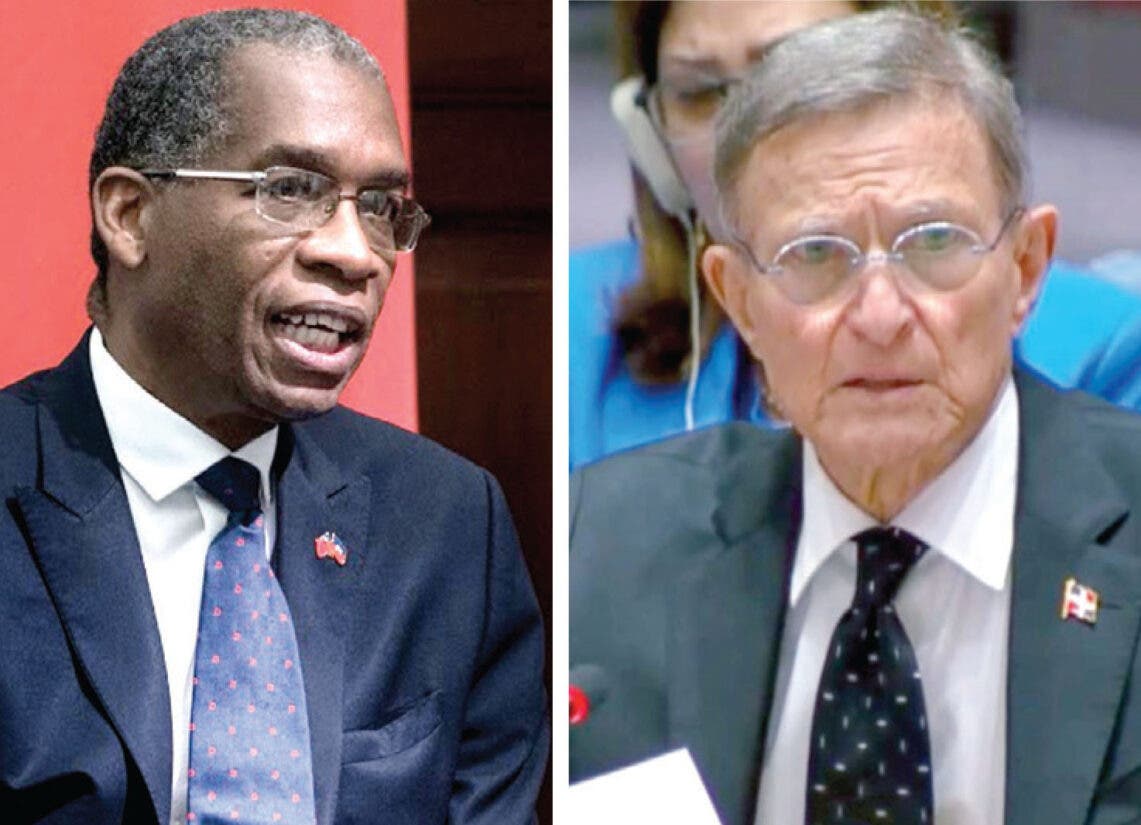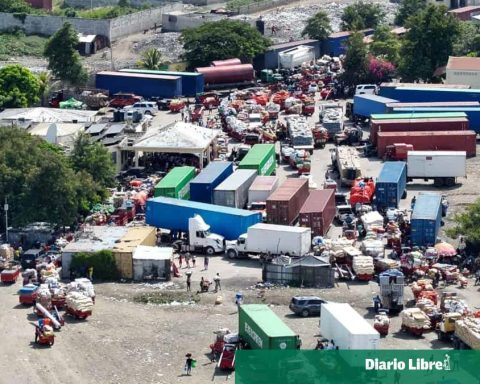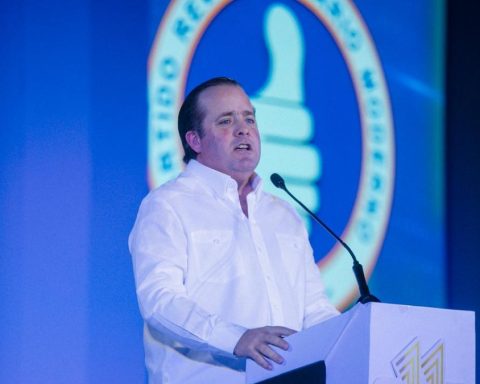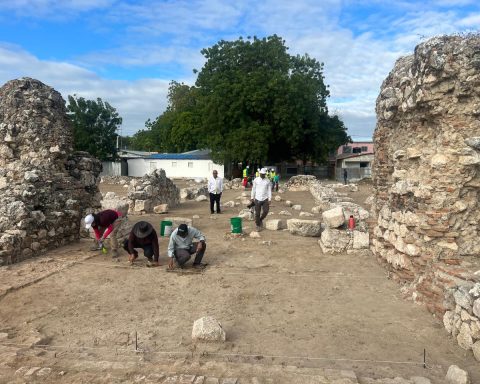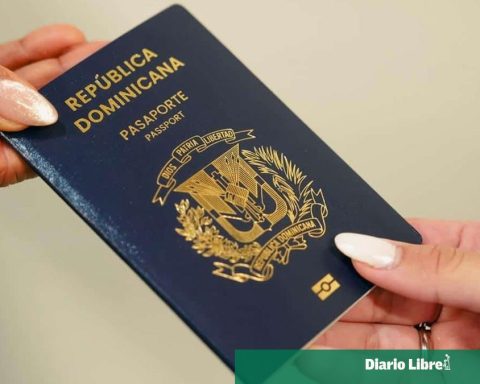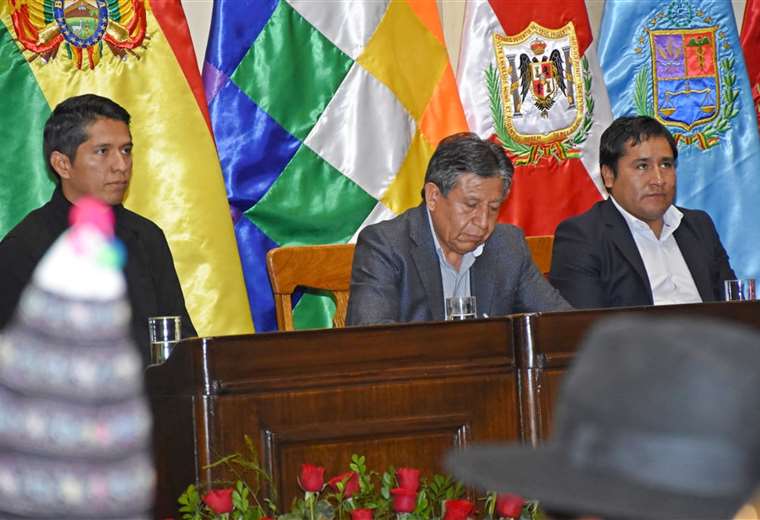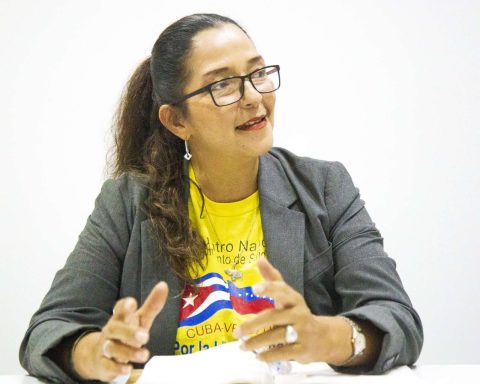UNITED NATIONS.-Dominican Foreign Minister Roberto Álvarez did not leave the field alone to those who yesterday tried to take advantage of the Security Council stage to press for a suspension of the repatriations of illegal Haitian immigrants and took advantage of the stage to tell them that this country is not responsible for the crisis that Haiti is experiencing and yet it is the one that bears the greatest weight.
“The Dominican Government cannot respond to the senseless call to stop repatriations,” said Álvarez in response to a proposal made by Haiti’s permanent ambassador to the United Nations to demand that the Dominican Republic suspend that process.
The Haitian Government denounced what it described as “massive deportations” of Haitians from the Dominican Republic and pointed out “that they are not only violations of fundamental rights, but also contrary to international laws,” according to its ambassador to the UN, Antonio Rodrigue, before the Security Council.
The Council held one of its quarterly sessions on Haiti, which served once again to confirm the slowness of the political transition process in the country and the deterioration of security, but on that occasion it served as the stage for a diplomatic scuffle between Haitians and Dominicans. .
In the first half of the year, according to the General Directorate of Immigration of the Dominican Republic, 67,844 foreigners were deported to their countries, the vast majority of them Haitians (66,227).
But the number increased exponentially in October – in the twenty days since, 27,352 people have been deported to the neighboring country.
Ambassador Rodrigue even called for “international solidarity to put an end to what he described as serious violations of human rights that, according to him, fuel tension and impede peaceful relations between the two nations,” after ensuring that the deportations are contrary to the agreements signed between the two countries.
The Dominican Foreign Minister, Roberto Álvarez, responded to the Haitian ambassador in no less forceful terms. “My government cannot accept this senseless call to stop repatriations, which would be equivalent to an open border and would further encourage irregular migration to my country. We will never allow that,” he concluded.
And he expanded on the idea that the Dominican Republic has not caused Haiti’s problems. “The rampant crisis in Haiti is Haiti’s responsibility, aggravated by the lack of support from the international community.
We Dominicans were never the cause of their humanitarian, economic or security problems, even though we continue to have to deal with this crisis for decades, almost alone,” he said.
The crisis in Haiti has not subsided since criminal gangs began to implant terror in part of the territory, where their rules prevail.
Decision
—1— Criticisms
Several Haitian government officials have spoken out against the Dominican Republic for implementing its immigration policy.
—2— Rights
The Dominican government has reiterated that it has the right to deport.
“There are limits,” warns the chancellor
Burden. The Dominican Republic has chosen to be present at the ministerial level in the latest sessions of the Security Council dedicated to Haiti precisely to draw attention to the burden it must assume as the only country with a land border with Haiti, with the consequent migratory flows that do not cease. due to the almost chronic crisis in the country.
Álvarez exemplified with figures the pressure of neighboring immigration – according to him, 147,000 Haitian children occupy a desk in the country’s schools, and 16% of beneficiaries of the public health system are Haitians. “There are limits,” he concluded.
In the first half of the year, according to the General Directorate of Immigration, 67,844 foreigners were deported to their countries, the vast majority of them Haitians (66,227).
But the number increased exponentially in October. In the twenty days since, 27,352 people have been deported to the neighboring country.
The government has promised to deport 10,000 illegals per week.
